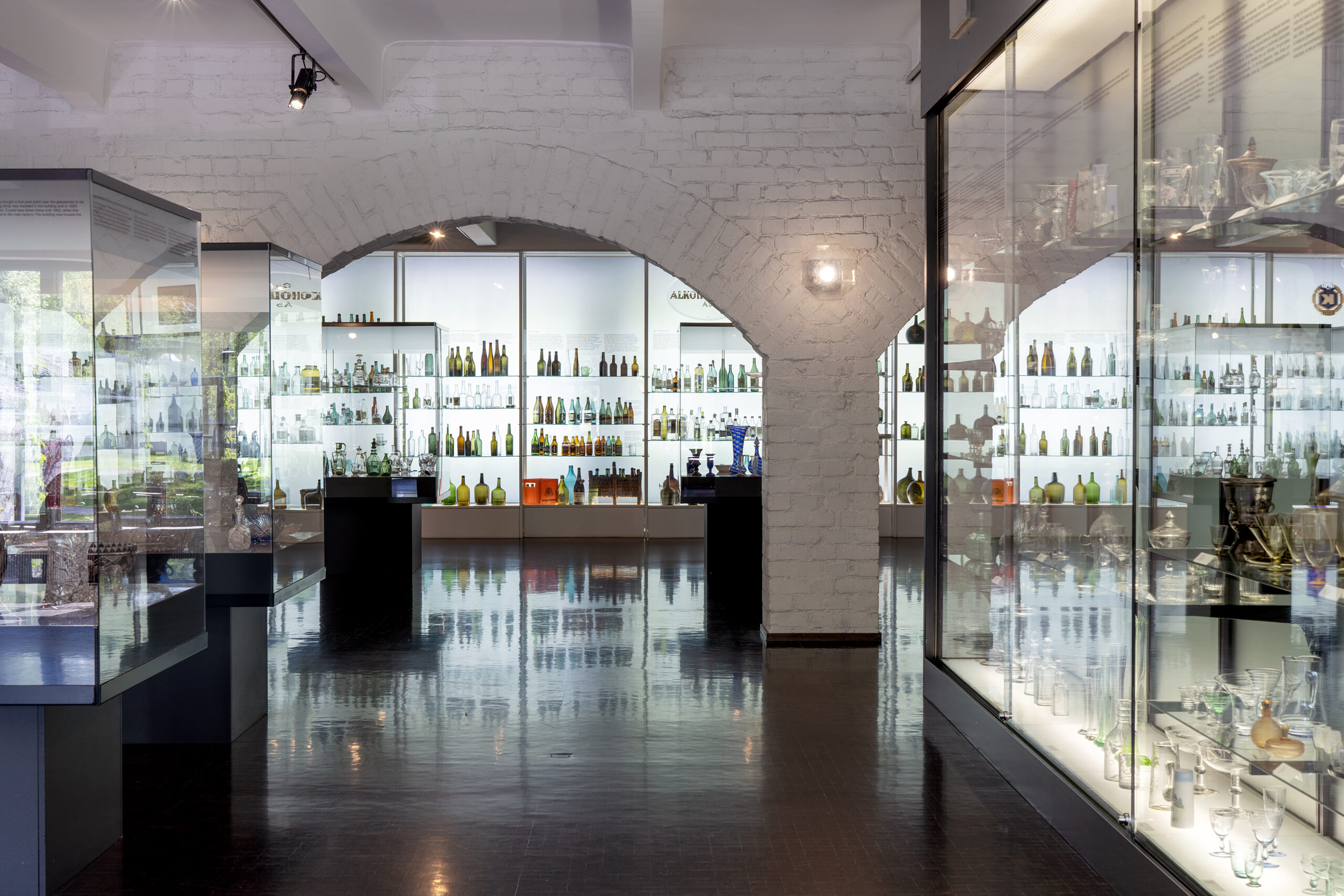
The first Finnish Glass Biennale will be held in Riihimäki in June
The city of Riihimäki is building its reputation as a city famous for glass with the new Finnish Glass Biennale (5–8 June 2025). The international connections of the Finnish Glass Museum in Riihimäki and its unique knowledge of Finnish glass expertise make the city a natural base for a new biennale focusing on glass art known internationally. The partner is Luovi Productions, the founder and producer of Helsinki Design Week and Fiskars Village Art & Design Biennale.
“We are planning an international glass industry biennale, the Finnish Glass Biennale, to be held every other year. The biennale will be held in Riihimäki for the first time from 5–8 June 2025,” says Anna-Riitta Kujala, the city’s Vitality Director.
The curator of the Finnish Glass Biennale will be announced in January. The programme includes a professional seminar, expert visits, exhibitions of Finnish art glass, and Satellite Events produced in collaboration with the local creative community in Riihimäki as well as in Iittala and Nuutajärvi, which are also known for their art glass. Pentagon Design is responsible for the visual identity of the Finnish Glass Biennale.
“The events are effective initiators of creative strategy work, as they bring together different stakeholders around a common theme. The transience of the Finnish Glass Biennale creates a cultural atmosphere of experimentation, which draws in regional actors. Over time, these best practices can grow into an established cultural festival that promotes the goals of the city strategy. It is inspiring to be involved in making Riihimäki the capital of glass and developing its cooperation with Iittala and Nuutajärvi. A strong glass industry cooperation network is emerging in the region,” says Kari Korkman, founder and director of Luovi.
Glass tradition lives on in Riihimäki
Riihimäen Lasi Oy (1910–1990) was once the largest glass factory in the Nordic countries. In addition, several smaller glass factories operated in the Riihimäen Lasi factory area.
Today, the Finnish Glass Museum is located in the former factory premises of Riihimäen Lasi Oy, in a building designed by Tapio Wirkkala, and receives approximately 50,000 visitors annually. The Finnish Glass Museum is a national museum responsible for the glass industry, which develops cultural heritage work and cooperation between Finnish glass museums and promotes international connections in its field of expertise. The Finnish Glass Museum played a key role in getting the know-how related to handmade glass onto the UNESCO’s Representative List of Intangible Cultural Heritage of Humanity.
The Ministry of Education and Culture also recently awarded the museum the Finland Prize for its distinguished work in preserving the glass craft tradition. In addition to exhibitions, the museum organizes events throughout the year. The most popular of these are the annual January and June Glass Days, which gather around 4,000–5,000 glass enthusiasts and collectors. Riihimäki has a strong foundation on which to build both international and national recognition as a city known for glass crafting and design.
A producer of culture since 1995
The Finnish Glass Biennale points the way for the future of Luovi Productions. The Helsinki-based family business, which started operations in 1995, became known in its early years for a number of successful design items. Individual exhibitions and events grew into Helsinki Design Week, the largest design festival in the Nordic countries, which will celebrate its 20th anniversary next year. Luovi expanded to Raseborg in 2019 by establishing the Fiskars Village Art & Design Biennale and will now develop the Finnish Glass Biennale in collaboration with actors from Riihimäki, Iittala and Nuutajärvi.
The Open call for Finnish Glass Biennale programme is on until 16 February 2025 asti, the application form can be found here. Finnish Glass Biennale will take place 5–8 June 2025. The programme will be launched on 19 March 2025.